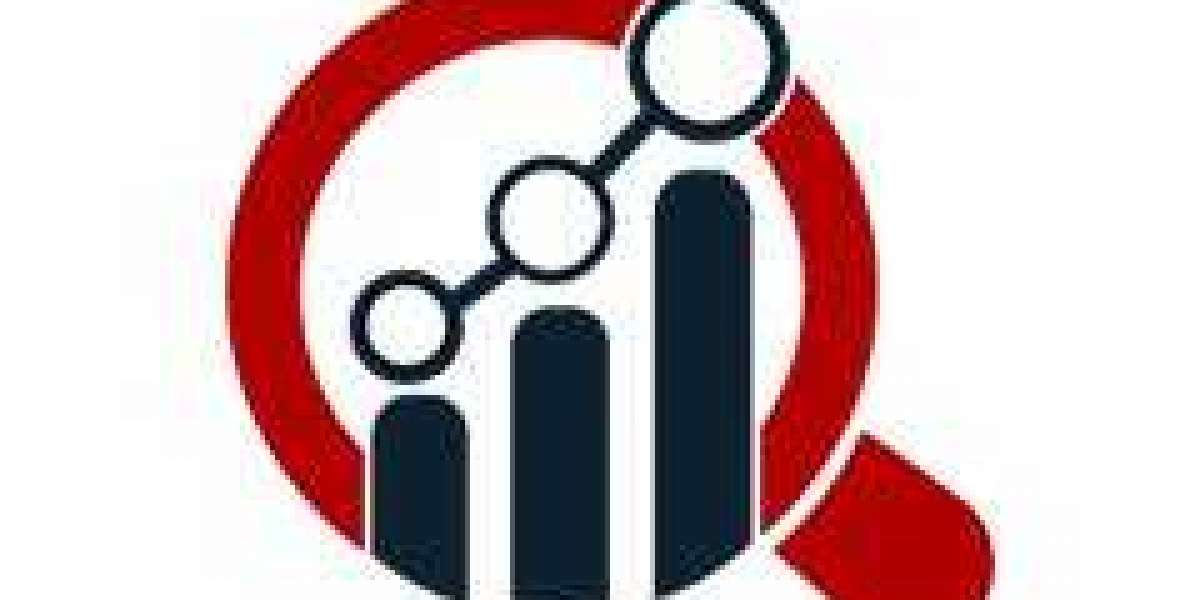The global landscape of Herbal Medicinal Products is experiencing a profound resurgence, propelled by a growing consumer preference for natural remedies, a heightened focus on holistic well-being, and advancements in scientific validation. This ancient practice is increasingly finding its place in modern healthcare, driving significant market expansion and innovation.
Market Flourishes Amidst Growing Demand for Natural Solutions:
The global herbal medicine market is on a rapid upward trajectory, with various reports indicating substantial growth. This surge is primarily fueled by a global consumer shift towards natural, organic, and chemical-free products, alongside an increasing awareness of the potential side effects of synthetic drugs. The rising prevalence of chronic diseases and a growing emphasis on preventive healthcare are further accelerating this trend.
Innovation in Product Forms and Scientific Validation:
The industry is witnessing significant innovation, particularly in product diversification and scientific rigor:
- Standardized Extracts and Advanced Formulations: Manufacturers are increasingly focusing on standardized herbal extracts and advanced formulation technologies, including capsules, tablets, and powders. These efforts aim to improve product quality, ensure consistent dosages, and enhance bioavailability, addressing previous concerns about variability in active ingredients. Companies like Auretics Limited in India launched the meticulously researched herbal cough syrup, Sedoril, in December 2022, emphasizing scientific backing.
- Traditional Medicine Meets Modern Science: There's a concerted effort to bridge the gap between ancient wisdom and contemporary healthcare. Research is increasingly validating the efficacy and safety of traditional herbal remedies through modern scientific methods. For instance, a recent publication in The Lancet (February 2025) highlighted a rigorous clinical trial on a multi-component traditional Chinese herbal medicine (FYTF-919) for intracerebral hemorrhage, demonstrating how robust methodologies can be applied to complex herbal formulations.
- Focus on Specific Health Concerns: Herbal products are being developed and marketed for specific health needs, including stress relief, immunity boosting, and chronic disease management. The growing popularity of adaptogens like Ashwagandha for stress management is a prime example. Traditional Medicinals launched new "Stress Ease Teas" in September 2024, featuring blends with adaptogens.
Evolving Regulatory Landscape and Global Expansion:
Regulatory frameworks for herbal medicinal products are continuously evolving, albeit with varying degrees of stringency across different regions. Brazil's National Health Surveillance Agency (ANVISA) is notably modernizing its regulations for industrialized herbal medicines, aiming to align with international standards and enhance contaminant controls, as reported in February 2025. While some regions still face challenges with insufficient scientific validation and inconsistent quality control, stronger regulatory activity is being observed in developed nations, contributing to greater consumer confidence.
The Asia-Pacific region, particularly India and China, is emerging as a significant growth hub, driven by rich traditional medicine systems and increasing investment in biotechnology research. The acquisition of Eu Yan Sang International Ltd., a Singapore-based traditional Chinese medicine company, by Mitsui Co., Ltd. in April 2024, underscores the rising global interest in traditional herbal remedies and their integration into mainstream markets.
As consumers increasingly seek natural and holistic health solutions, the herbal medicinal products market is set to continue its impressive growth, offering a diverse array of scientifically validated and ethically sourced remedies.








